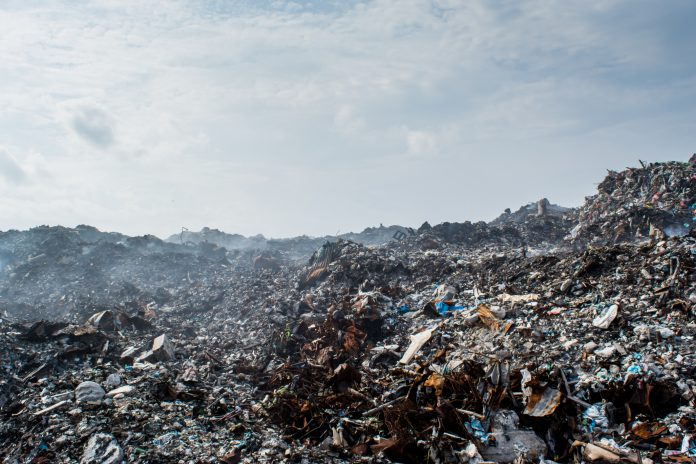COP27 could be a perfect opportunity for new Prime Minister Rishi Sunak to ban microplastics in everyday products by changing manufacturing laws
According to a new environmental campaign from Lanes Group plc, to ban microplastics, governments must put in place laws which stop manufacturers from intentionally adding microplastics to consumer or professional-use products.
Banning microplastics would be ideal for the continuation of the UK government’s environmental goals with new Prime Minister Rishi Sunak in place.
COP27, which is currently being hosted in Egypt’s Sharm El-Sheikh city, aims to commence its implementation of climate change adaption, mitigation and financial strategy. A huge crisis we currently face to protect the environment involves the lack of restrictions governments and businesses have on microplastics in products, which could be addressed at this important conference.
A new advocacy campaign to ban microplastics, named ‘Microplastics Out of Our Drains (MOOD)’, calls for industry and government to come together to take decisive action.
Microplastics pose threats to our drains, oceans, environment, and health
Tiny plastic particles known as microplastics are becoming a rising concern with health and climate activists. Smaller than 5 millimetres, they have contaminated waters as remote as Antarctica.
By hitchhiking on microplastics, pathogens can disperse throughout the ocean, reaching places a land parasite would normally never be found. Microplastics can pollute the bodies of animals like fish, too, and they have already been found in human blood.
Microplastics cause serious issues for our drains and sewers. The microplastic content of products such as wet wipes and nappies leads to dangerous blockages when these items are incorrectly flushed down the toilet. Subsequently, this damage to the pipes causes a greater risk of flooding and requires expensive and time-consuming infrastructure repairs.
Microplastic particles eventually become part of the food we eat, the water we drink and even the air we breathe
Microplastic particles measure less than 5mm and are incorporated into various consumer products. Despite their small size, they have a destructive impact on the global ecosystem, as they are consumed by marine life and eventually become part of the food we eat, the water we drink and even the air we breathe.
What policies should Rishi Sunak adopt to ban microplastics?
• The UK must match the proposed EU policy to ban ALL intentionally added microplastic particles in consumer or professional use products.
• New legislation should be introduced for manufacturers to fit microfibre filters in all new domestic and commercial washing machines and for existing commercial machines to be retrofitted with similar filters.
• A designated government minister for plastics pollution should be appointed, with a cross-departmental remit for controlling and preventing plastic pollution and overseeing environmental policies relating to plastics and their polluting effects.
The 2017 ban on microbeads in cosmetic and personal care products set the momentum
Jacob Larkin, a spokesperson for Lanes Group, said: “Microplastics are one of the smallest forms of pollution, but have become responsible for many of the biggest environmental problems we face. They are creating dangerous amounts of plastic waste in the oceans and contributing to sewer blockages and breakdowns that cause so many problems for people across the UK every day.
“Microplastics are one of the smallest forms of pollution, but have become responsible for many of the biggest environmental problems we face”
“At this point, microplastics have become so deeply embedded into the global environment that they can never be removed. However, this doesn’t mean we shouldn’t be taking every necessary step to prevent the further spread of microplastics into our sewers and seas, before the problem gets any worse.
“The UK government has already shown leadership on this issue with the 2017 ban on microbeads in cosmetic and personal care products, but we cannot afford to let this momentum slip. Other nations are now taking wider-reaching action against microplastics, including the EU’s planned ban on adding any microplastic particles from consumer or professional use products of all kinds.
“This is the perfect opportunity for the government to redouble its efforts in the fight against microplastics. By matching the EU legislation and appointing a minister for plastic pollution, we can take an important step towards regaining control of this serious environmental problem.”
Lanes Place is advocating for UK water companies to establish new regular monitoring programmes for microplastics in influent, effluent, combined sewer overflows and treated sewage sludge to help address these issues.











